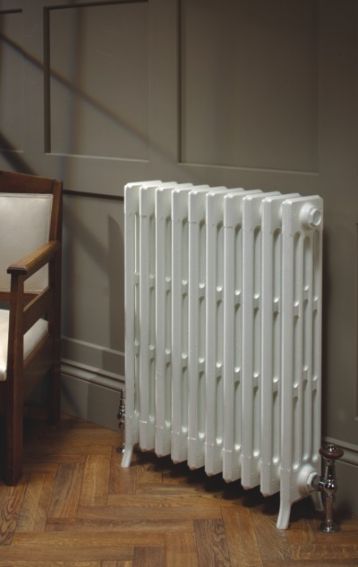Aluminum Radiators

One common radiator that is widely known is an aluminum radiator. The obvious advantage of an aluminum radiator is its lightweight property and cooling benefits when compared to the copper/brass version.
A hundred percent aluminum constructed radiator has eliminated the problems associated with plastic tanks and epoxy bonding to the radiator core. The solid had welded construction, high-flow tubes, increased fin count and overall higher efficiency makes aluminum radiators popular in the market.
Even though traditional brass and copper materials are better conductors than aluminum, the extra strength of aluminum allows for larger tubes. This will give more surface area. Aluminum is much stronger, allowing the use of considerably wider tubes. Wider tubes allow more direct contact between the fins and the tube, increasing the radiator's capacity to dissipate heat away from the engine.
